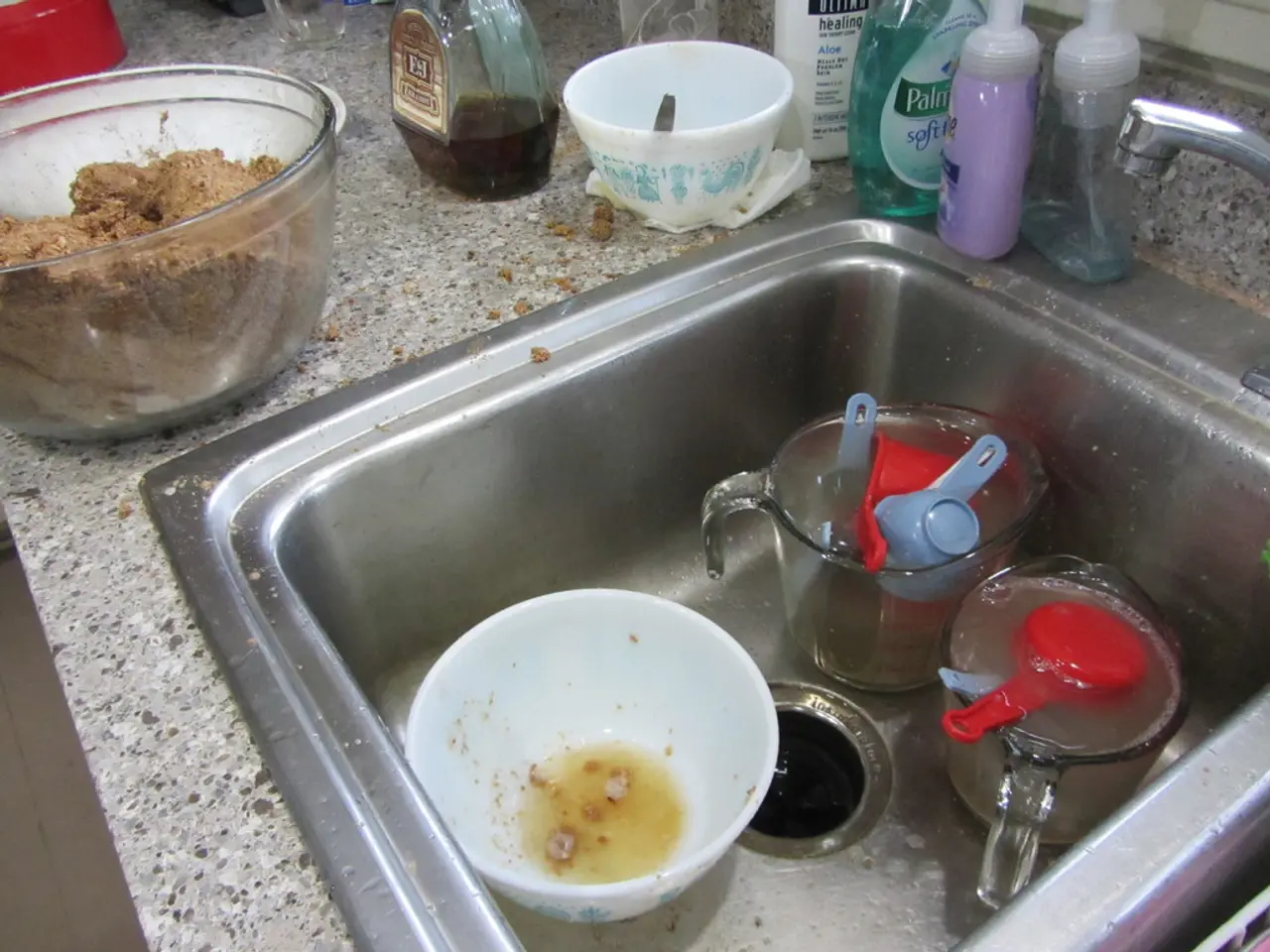Saint Quentin's food contamination crisis: E. coli bacteria detected in certain butcheries
Let's Break Down the E. coli Outbreak in Saint-Quentin (Aisne)
Residents of the Saint-Quentin area are pinned down by the unsettling spread of E. coli, and they're eager to see an end to the chaos. Since June 12, a whopping 26 severe cases have been reported, including a new one on Friday. Of these, nine individuals have developed hemolytic uremic syndrome (HUS), a potentially life-threatening complication that affects the kidneys and requires emergency treatments like dialysis. A tragic 12-year-old girl tragically lost her life on June 16. At present, ten individuals continue to fight the infection.
Given the high density of cases in such a short time span, an epidemic theory quickly gained traction. Enter investigators, digging deep to figure out the source of this contamination. Suspicions were raised towards the meat contamination theory, as it is one of the primary reasons for E. coli infections, specifically the hazardous strains in the E. coli family.
In response, the authorities decided to temporarily close six butcher shops in Saint-Quentin and carry out rigorous tests. Armed with a team of over 50 investigators – from both the National Reference Center of the Pasteur Institute and the National Reference Laboratory – they aim to unravel the entire contamination chain.
Significant advancements have been made, but the journey towards clarity continues. This investigation has taken a double-paced approach, with health and criminal components at play. While the prefecture has already announced some initial findings, details on exactly where the E. coli traces were found were not immediately disclosed.
The regional health agency has issued safety guidelines for those who may have bought meat from the temporarily closed butcher shops. If such products were stored, they advise refrigerators to be thoroughly cleaned as soon as possible. Prophylactic measures such as washing hands before meals, and ensuring proper cooking temperatures for meat, remain key to prevent future outbreaks.
Although progress has been made, caution remains paramount. The incubation period for E. coli infections is approximately 10 days, meaning it's possible that additional cases may appear in the coming days. This does not necessarily imply that the contamination has spread beyond the closed butcher shops.
Important Update: New case reported as of 9:17 PM.
Enrichment Data:- Investigations strongly suggest that the E. coli outbreak has been linked to dangerous strains of E. coli, capable of causing severe illness and life-threatening complications.- Most of the victims are children. Out of the affected individuals, 19 are children and one elderly person. One 12-year-old girl has tragically passed away.- Several butcher shops in Saint-Quentin have been temporarily shut down while investigations are underway, as authorities suspect the contamination to be associated with meat products handled or sold at the shops.- Tap water contamination has been ruled out, but the specific food source remains unidentified. More testing is being conducted to determine whether a single supplier could be the contamination source.- Investigators are conducting extensive microbiological strain analysis to establish any patterns and the exact source of contamination. The current phase of the investigation is focused on pinpointing the contaminated food supplier.- The outbreak occurs at a peak demand period for fresh produce and grilled meats, increasing the urgency for public health officials to identify and address the issue promptly.- Authorities emphasize strict food handling and hygiene practices in order to reduce the risk of further infections, including proper cooking methods, separation of raw and cooked foods, and careful washing of fruits and vegetables.
- The outbreak of E. coli in Saint-Quentin has been linked to dangerous strains of E. coli, capable of causing severe illness and life-threatening complications, such as hemolytic uremic syndrome (HUS).
- Investigations have revealed that most of the victims are children, with 19 being children and one elderly person affected, and tragically, one 12-year-old girl losing her life.
- In response to the outbreak, several butcher shops in Saint-Quentin have been temporarily shut down while authorities investigate the potential association between the contamination and meat products handled or sold at the shops.
- Despite the temporary closure of the butcher shops, the specific food source of the E. coli contamination remains unidentified, with extensive microbiological strain analysis being conducted to establish any patterns and the exact source of contamination.








